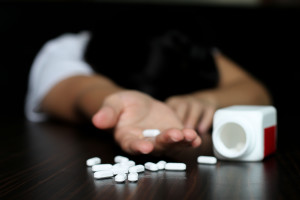The Brain Two systems in the brain work opposite one another: glutamate and GABA (gamma amino butyric acid). Glutamate is like a gas pedal which gets things started. GABA slows things down. Benzodiazepines damage GABA receptors so glutamate is free to push the brain into hyperspeed which over-excites the entire body. When GABA receptors are
5 Things You Should Know About Benzo Withdrawal











